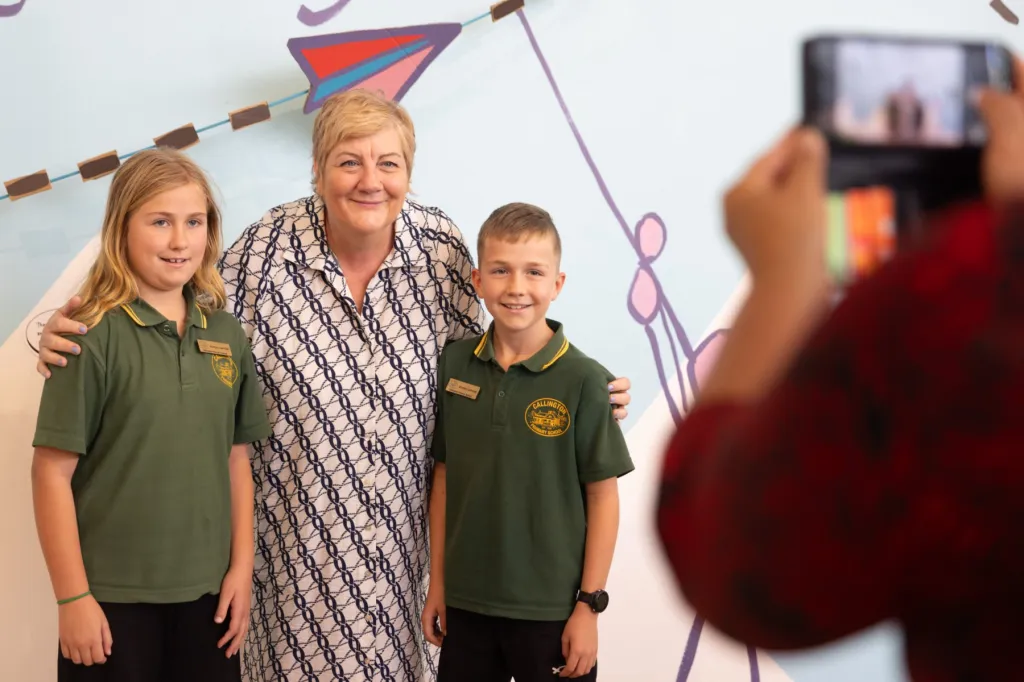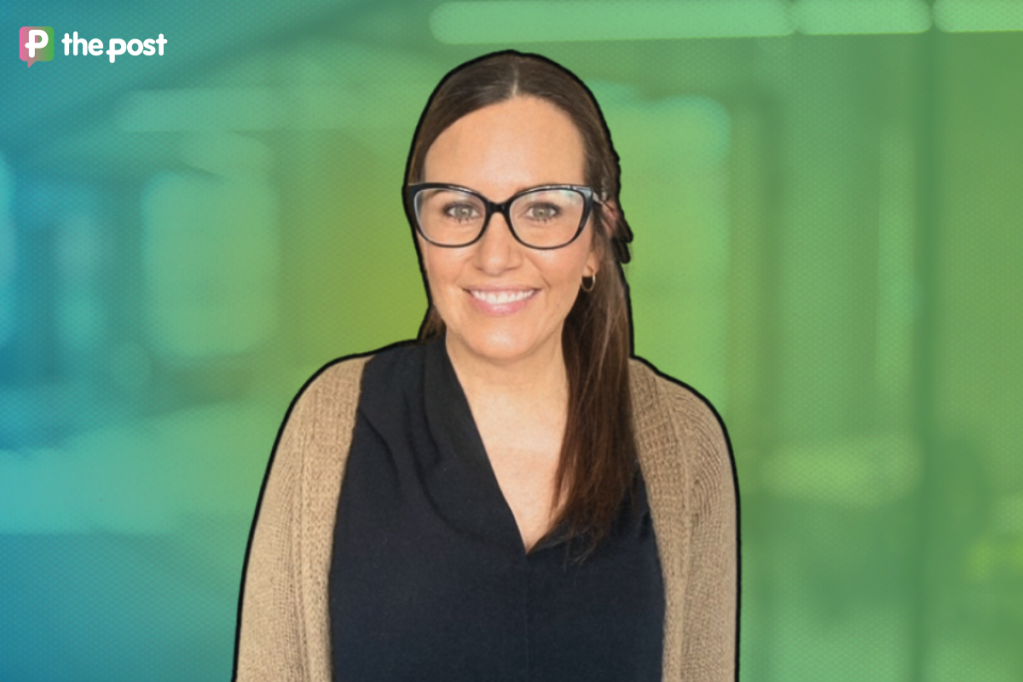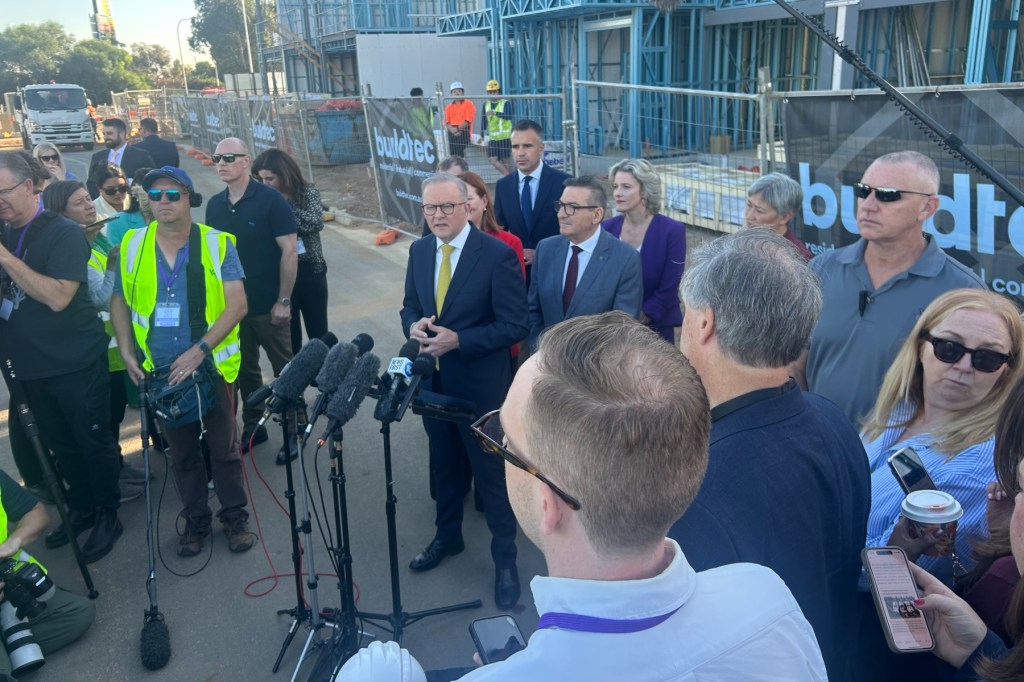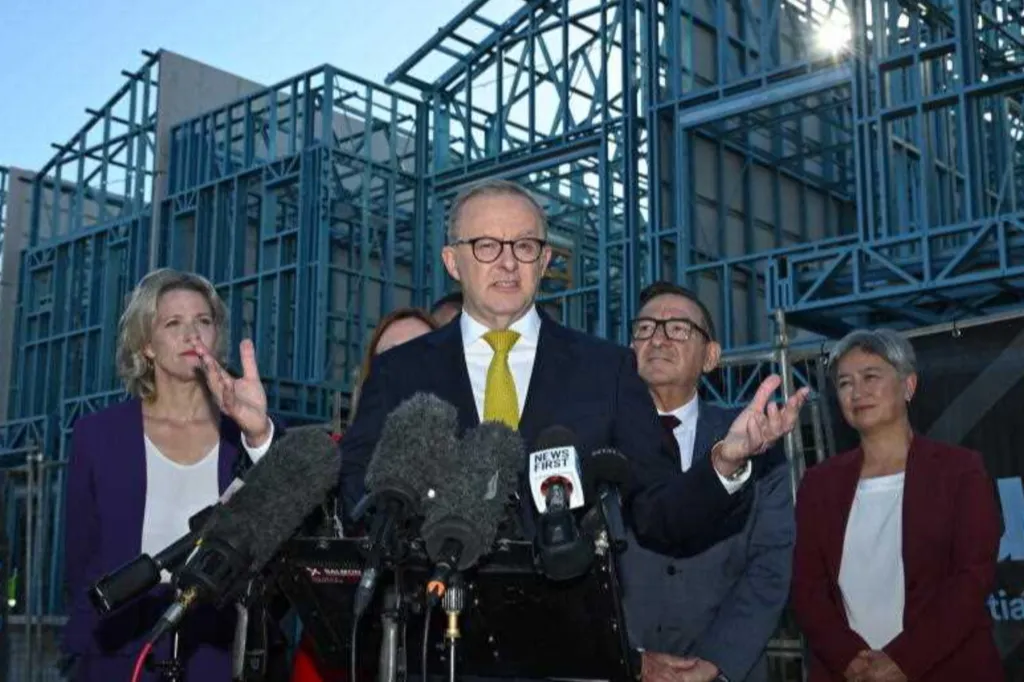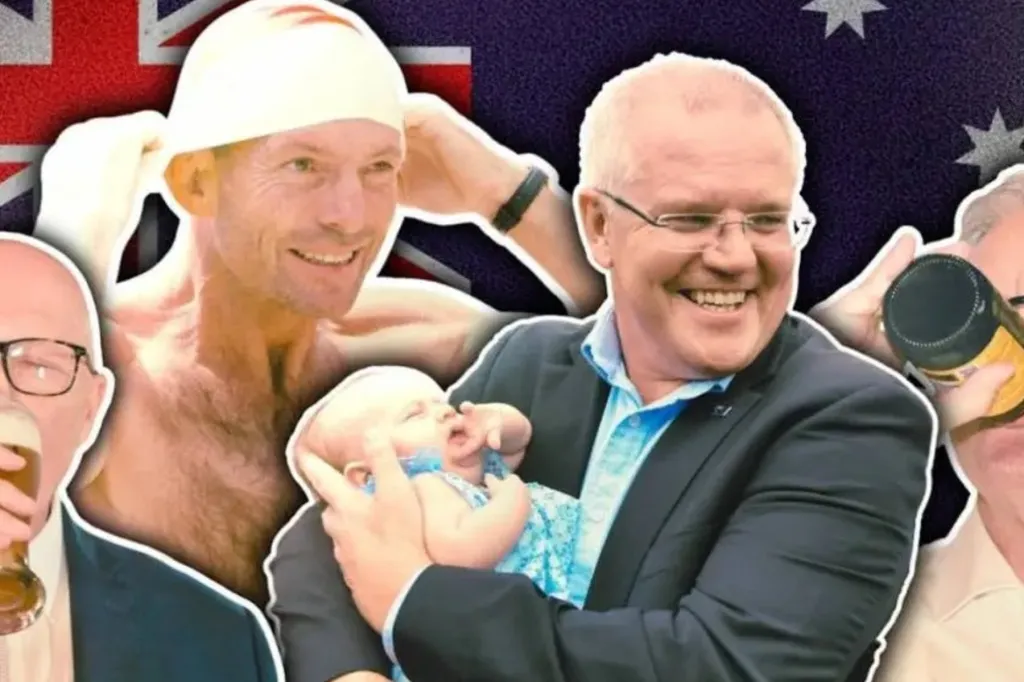Repairing democracy one dollar at a time
With political donations firmly in the spotlight, Ross Womersley outlines why South Australia’s proposed ban is essential to democracy.
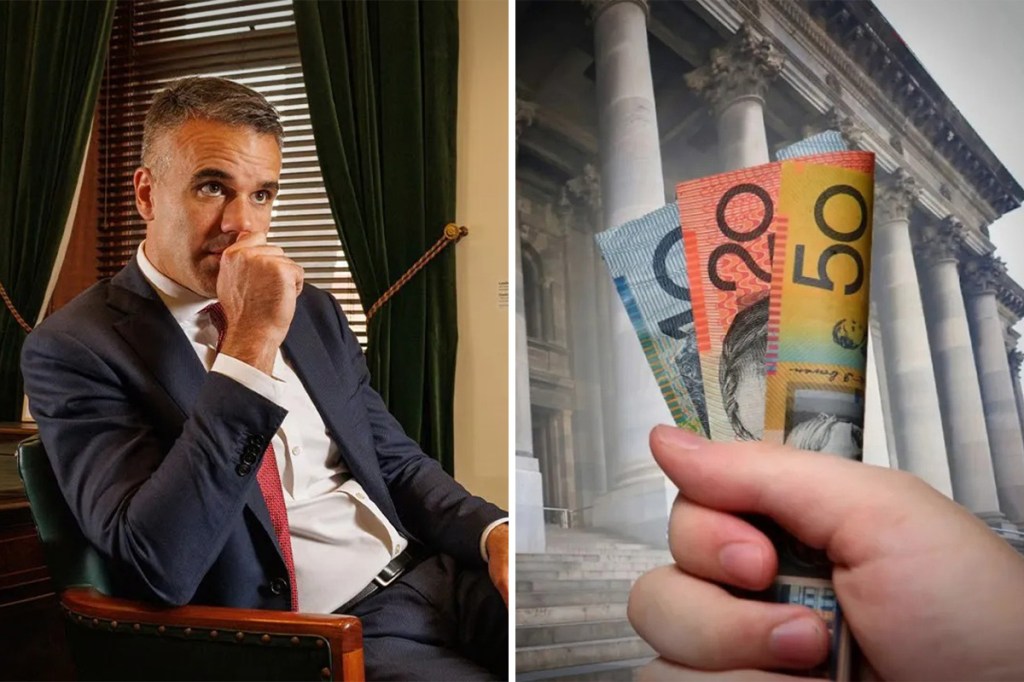
This week Premier Peter Malinauskas introduced legislation into the South Australian Parliament that seeks to ban political donations. At its heart sits the idea that our politics shouldn’t be driven by the particularly selfish interests of only those who have the resources to contribute to a party’s election campaigning. The Premier, rightly, argues this legislation seeks to improve and protect democracy.
We all know that currently – and problematically – those who have the funds have pathways to influence what our governments do in ways that most ordinary people never enjoy. And possibly no more so than at election time.
And this is exactly why social advocacy bodies like the South Australian Council of Social Service (SACOSS) have been working with the government to ensure this legislation not only limits these spheres of unreasonable influence but, just as importantly, does not unreasonably advantage incumbents or prevent new political parties and candidates from having a fair opportunity to enter the political arena.
At election time, under South Australia’s current electoral system, there remains a huge asymmetry of power.
This power imbalance is fuelled by the huge gap between the financial resources that are ever available to a tiny civil society organisation like SACOSS and those available to some of our large business interests (like the oil and gas industry, banking institutions, energy companies, gambling and alcohol sector, pharmaceutical companies, etc.) and wealthy individuals.
You might like
SACOSS has always worked with governments and political parties across the political spectrum to advocate, collaborate, lead and mobilise to eliminate poverty, inequality and injustice in South Australia. Strengthening and protecting democracy sits right at the heart of this work.
Democracy, though, is an incredibly fragile thing. It is something none of us should ever take for granted.
Over the past few decades, we have seen a massive growth in wealth inequality, and a growing divide between those of us who have enough (some with more than enough) resources at our disposal, and those who simply don’t have enough – not even to cover the basics.
It’s clear that a key factor underpinning the result of the recent American election was the growing sense for many voters that they were not being listened to. That their genuine sense of struggle was not important to, or being addressed by, those who held power.
Stay informed, daily
In healthy democracies, when citizens’ views are not acknowledged and heeded, governments always risk losing office. In large part, this is because the population is left feeling disempowered and disenfranchised. This, in turn, often leads to the seeding of dissent, division and sometimes even violence. It is why fairness remains so important and, conversely, why allowing inequality to grow remains a real threat to our democracy.
Now protecting and strengthening democracy takes all sorts of efforts and while this legislation may not be perfect at its heart it does have good intentions. It should bring a better balance to the currently baked-in agreements those aspiring to form government make to serve the well-resourced self-interest of industry and wealthy individuals.
It’s unlikely that this legislation will be the subject of great debate on the floor of the parliament.
Strategically, the Premier has worked to appreciate and accommodate many of the concerns of those who form the current parliament as well as many real concerns raised by civil society groups like SACOSS. And while it’s not been subject to the level of public scrutiny we advocated for, it has been intensely interrogated including opinions from a panel of constitutional legal experts.
If passed, the hours of endless toil involved in hosting events that leveraged special access to those with political power in return for significant donations will become a thing of the past, especially for the current major parties. This too should be good for democracy as MPs, ministers and premiers all turn that time into work for the electorate.
Replacing campaign funding principally derived from deeply self-interested sources with public funds is going to come at a cost to us as taxpayers. If this works to better limit our elected politicians’ focus on addressing the interests of those who have the most resources this will be a very good thing for democracy.
Clearly, we must be careful to ensure the public funding being invested here is shared fairly and that we haven’t just created new challenges for our democratic tradition.
We won’t know the real outcomes this legislation has for our democracy for many years. This is exactly why a number of us insisted the legislation had a very strong review mechanism embedded within it. If flaws do emerge it is essential the Parliament of the day remains determined to remedy them.
Ross Womersley is the Chief Executive Officer of the South Australian Council of Social Service (SACOSS).
